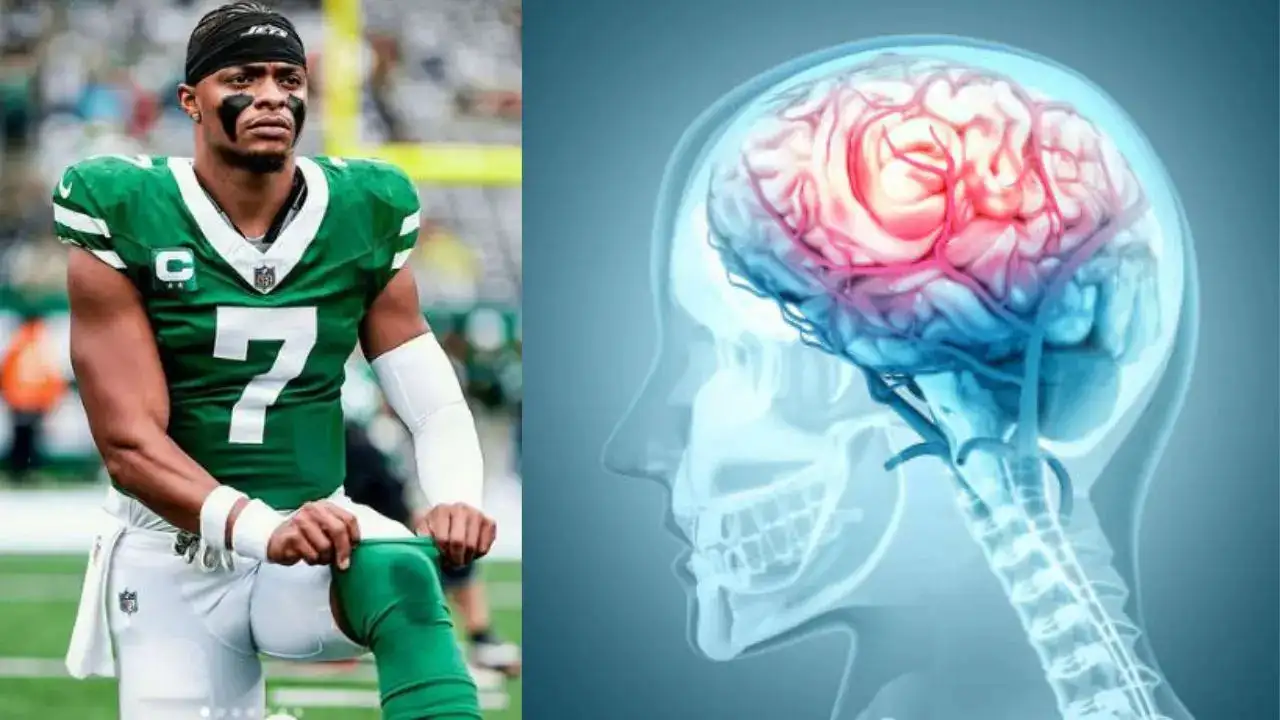By Ashima Sharda Mahindra
Copyright timesnownews

New York Jets quarterback Justin Fields, who suffered a concussion earlier this week on a fourth-quarter sack, remained in the protocol, and his availability for the team’s next game is uncertain, according to the coach. Aaron Glenn, while addressing reporters, said the unfortunate incident happened with 14 minutes remaining in the blowout with the Buffalo Bills. According to news reports, Fields fell backward when he was sacked by Joey Bosa, and the back of his helmet hit the turf. He was down for a few moments before he was able to get up and walk off under his own power. He was then checked out in the injury tent and emerged several minutes later with a towel over his head. The quarterback then walked inside to the locker room. What is a concussion? A concussion is a type of mild traumatic brain injury that is caused by a bump, blow, or jolt to the head or body that rapidly moves the brain. Doctors say this movement causes the brain to bounce or twist within the skull, damaging brain cells and leading to chemical changes that temporarily impair brain function. While the symptoms of a concussion may vary, they can include headaches, dizziness, confusion, difficulty concentrating, memory problems, balance issues, mood changes, and sleep disturbances. According to experts, while one concussion usually does not lead to permanent brain damage, experiencing multiple ones over a lifetime can change your brain’s structure or how it works – leading to severe complications and increasing your risk of developing serious health conditions. Being a common injury, experts believe that between 1 and 3 million people visit the emergency room with a concussion in the US every year. They are especially common in young athletes. Signs and symptoms of concussion Doctors say a concussion can stretch and injure nerves and blood vessels in your brain, causing chemical changes that temporarily make your brain stop working like it should. Your brain automatically redirects all its energy to healing itself after an injury and sends signals to your body to slow down and avoid activities. A few symptoms include: Headache Neck pain Balance issues, dizziness A feeling of lightheadedness Nausea and vomiting Double vision Light sensitivity Hearing a ringing sound in your ears Sound sensitivity Temporary loss of consciousness Feel drowsy Have trouble falling or staying asleep Irritability Mood swings Depression and anxiety What are the risk factors? According to doctors, anyone can experience a concussion. However, those who have an increased concussion risk include: Those who are older than 65 years of age or kids who are younger than 4 years old People with physically demanding jobs like carpentry, landscaping, or construction Teens and adolescents who are active Athletes who play physically demanding or contact sports Anyone who’s had a concussion in the past.



